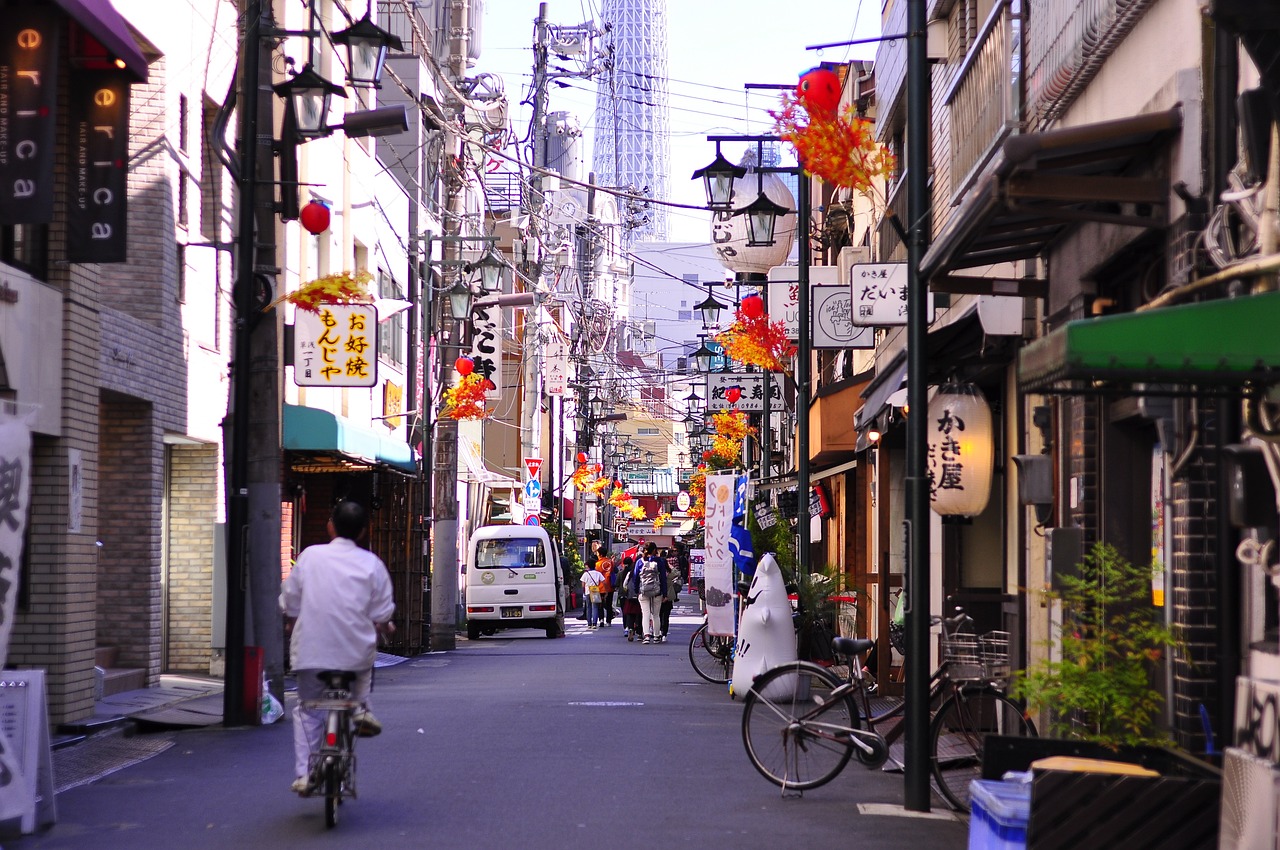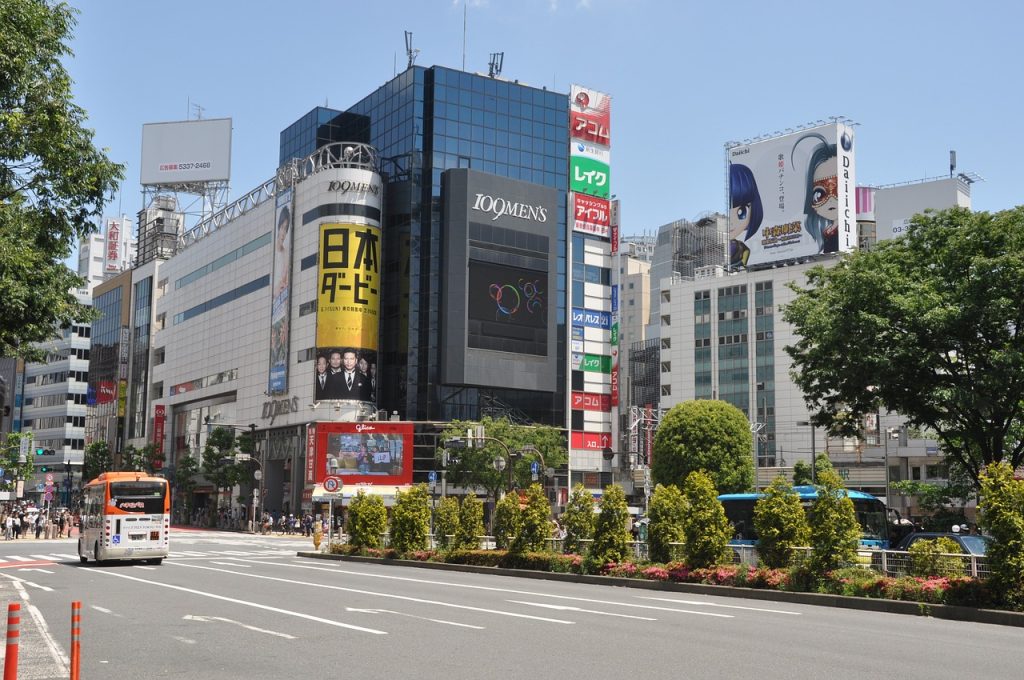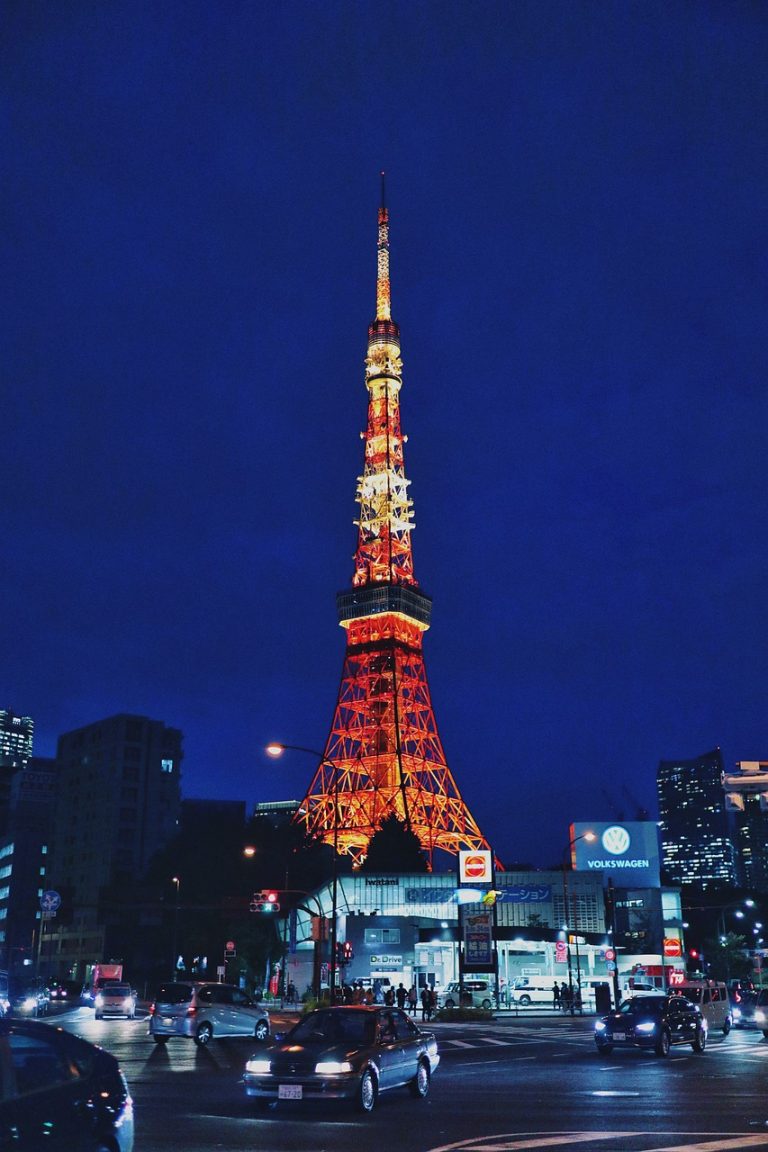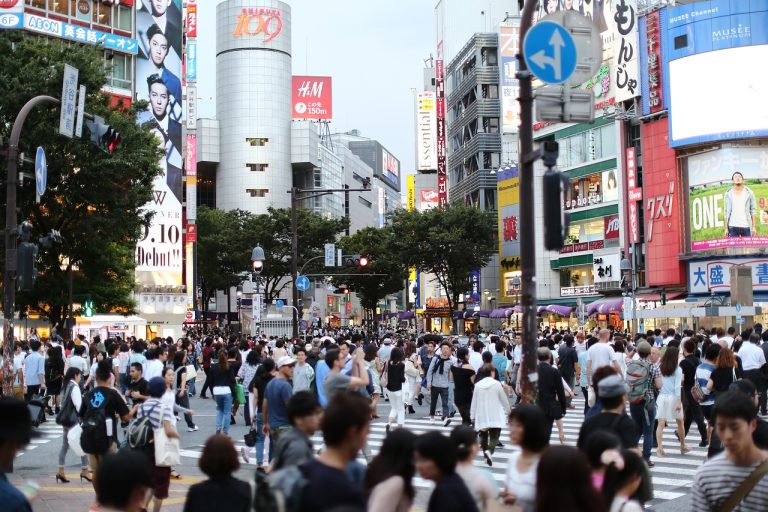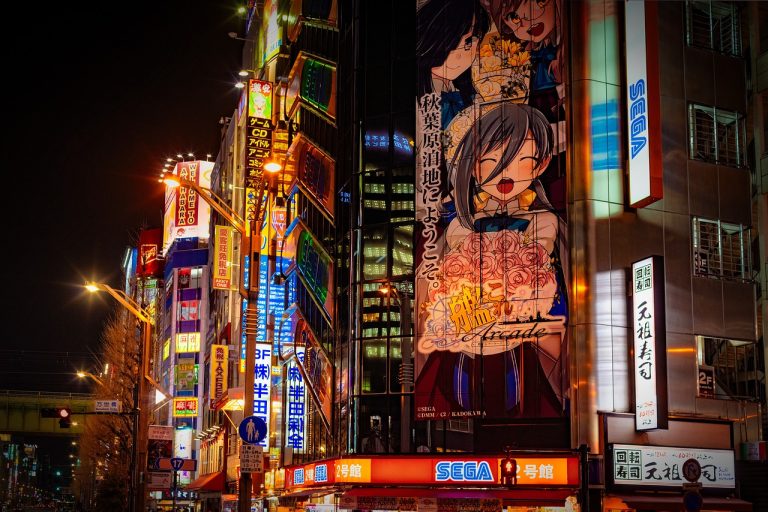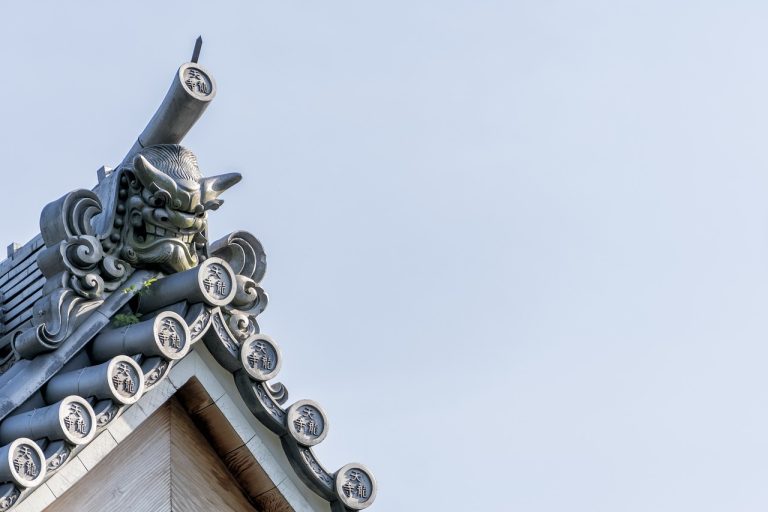Tokyo Japan Video
Artisanal Crafts and Markets of Tokyo Japan
Tokyo, the bustling capital city of Japan, is known for its rich cultural heritage and vibrant arts scene. The city is home to numerous artisanal crafts and markets that offer a unique glimpse into traditional Japanese craftsmanship. From intricate ceramics to delicate textiles, Tokyo’s artisanal crafts showcase the skill and creativity of local artisans. In this article, we will explore ten different artisanal crafts and markets in Tokyo, providing detailed information about each one.
Artisanal Ceramics: Seto Pottery Market
- Seto Pottery: Seto Pottery Market is a renowned destination for ceramic enthusiasts. The market offers a wide range of pottery, including tea sets, vases, and decorative items. The ceramics are known for their exquisite craftsmanship and beautiful glazes. Keywords: Seto Pottery, ceramics, tea sets, vases.
- Mino Ware: Mino Ware is a type of pottery produced in Gifu Prefecture, known for its simple yet elegant designs. The market offers a variety of Mino Ware ceramics, including plates, bowls, and sake sets. Keywords: Mino Ware, Gifu Prefecture, ceramics, plates, bowls.
- Hagi Ware: Hagi Ware is a traditional Japanese pottery style that originated in Yamaguchi Prefecture. The market showcases Hagi Ware tea bowls, sake cups, and other pottery items. Keywords: Hagi Ware, tea bowls, sake cups, pottery.
Textiles: Nippori Fabric Town
- Yukata Fabric: Nippori Fabric Town is a paradise for fabric lovers. Visitors can find a wide variety of fabrics, including traditional Yukata fabrics in vibrant colors and intricate patterns. Keywords: Nippori Fabric Town, Yukata fabric, textiles.
- Kimono Silk: The market also offers an array of Kimono silk, which can be used for various textile projects. The silk is known for its luxurious feel and stunning designs. Keywords: Kimono silk, textiles, Nippori Fabric Town.
- Obi Fabric: Obi is a sash worn with Kimonos, and Nippori Fabric Town is a great place to find Obi fabrics in different styles and patterns. Keywords: Obi fabric, textiles, Nippori Fabric Town, Kimono.
Woodwork: Asakusa Woodcraft Market
- Kumiko Woodwork: Asakusa Woodcraft Market specializes in Kumiko, a traditional Japanese woodworking technique used in the creation of intricate wooden latticework. Visitors can find Kumiko panels, screens, and decorative items. Keywords: Kumiko woodwork, Asakusa Woodcraft Market, wooden latticework.
- Kyoto Joinery: The market also features Kyoto Joinery, known for its precise and seamless wooden joints. Kyoto Joinery products include furniture, boxes, and other wooden items. Keywords: Kyoto Joinery, wooden joints, furniture, Asakusa Woodcraft Market.
- Kanna Wood Planes: Kanna Wood Planes, essential tools in Japanese woodworking, are also available at the market. These handcrafted planes are known for their precision and durability. Keywords: Kanna Wood Planes, woodworking tools, Asakusa Woodcraft Market.
Traditional Toys: Kappabashi Toy Street
- Kendama: Kappabashi Toy Street offers a variety of traditional Japanese toys, including Kendama, a popular wooden skill toy. Kendama consists of a ball and a handle connected by a string and is a favorite among children and adults alike. Keywords: Kendama, traditional toys, Kappabashi Toy Street.
- Daruma Dolls: Daruma Dolls, a symbol of perseverance and good luck, can also be found at the market. These round, red dolls are often used for goal-setting and wish-making. Keywords: Daruma Dolls, Kappabashi Toy Street, traditional toys.
- Koma Spinning Tops: Koma Spinning Tops are another classic Japanese toy available at Kappabashi Toy Street. These tops are beautifully crafted and can spin for a surprisingly long time. Keywords: Koma Spinning Tops, traditional toys, Kappabashi Toy Street.
Traditional Sweets: Ameya-Yokocho Market
- Manju: Ameya-Yokocho Market is a vibrant market famous for its wide range of traditional Japanese sweets. Visitors can indulge in delicious Manju, a sweet bun filled with various flavors such as red bean paste or matcha. Keywords: Manju, traditional sweets, Ameya-Yokocho Market.
- Mochi: Mochi, a chewy rice cake, is another popular treat found at the market. It comes in various flavors and fillings, making it a delightful snack for both locals and tourists. Keywords: Mochi, traditional sweets, Ameya-Yokocho Market.
- Dorayaki: Dorayaki, a pancake-like dessert filled with sweet red bean paste, is also a must-try at Ameya-Yokocho Market. Keywords: Dorayaki, traditional sweets, Ameya-Yokocho Market.
Calligraphy: Bunkyo Ward Calligraphy Center
- Shodo: Bunkyo Ward Calligraphy Center offers calligraphy classes and workshops for both beginners and experienced practitioners. Shodo, the art of Japanese calligraphy, can be learned and practiced under the guidance of skilled instructors. Keywords: Shodo, calligraphy, Bunkyo Ward Calligraphy Center.
- Brushes and Ink: The center also sells a variety of calligraphy supplies, including brushes, ink, and paper, allowing enthusiasts to continue their practice at home. Keywords: calligraphy supplies, brushes, ink, Bunkyo Ward Calligraphy Center.
- Exhibitions: Bunkyo Ward Calligraphy Center frequently hosts calligraphy exhibitions, showcasing the works of talented calligraphers from Tokyo and beyond. Keywords: calligraphy exhibitions, Bunkyo Ward Calligraphy Center.
Traditional Instruments: Ochanomizu Guitar Street
- Guitars: Ochanomizu Guitar Street is a haven for guitar enthusiasts. The street is lined with numerous guitar shops offering a wide range of acoustic and electric guitars, catering to both beginners and professional musicians. Keywords: guitars, Ochanomizu Guitar Street, musical instruments.
- Traditional Japanese Instruments: In addition to guitars, the street also features shops specializing in traditional Japanese instruments, such as shamisen and koto. Keywords: traditional Japanese instruments, shamisen, koto, Ochanomizu Guitar Street.
- Accessories and Repairs: Ochanomizu Guitar Street is also a great place to find guitar accessories and get instrument repairs done. Keywords: guitar accessories, instrument repairs, Ochanomizu Guitar Street.
Paper Crafts: Origami Kaikan
- Origami: Origami Kaikan is a dedicated space for the art of origami. Visitors can explore various origami creations, attend workshops, and even learn from origami masters. Keywords: Origami Kaikan, origami, paper crafts.
- Paper Folding Supplies: The center also offers a wide range of origami papers and folding supplies, allowing enthusiasts to continue their paper folding adventures at home. Keywords: origami papers, paper folding supplies, Origami Kaikan.
- Exhibitions and Events: Origami Kaikan frequently hosts exhibitions and events that showcase the versatility and beauty of origami. Keywords: origami exhibitions, events, Origami Kaikan.
Traditional Dolls: Ningyocho Doll Street
- Hina Dolls: Ningyocho Doll Street is known for its exquisite Hina Dolls, which are displayed during the annual Hinamatsuri festival. These dolls represent the Emperor, Empress, and their attendants and are a symbol of good luck and prosperity. Keywords: Hina Dolls, Ningyocho Doll Street, Hinamatsuri festival.
- Kokeshi Dolls: Kokeshi Dolls, traditional wooden dolls with a simple design, are also a popular item found at Ningyocho Doll Street. Keywords: Kokeshi Dolls, traditional dolls, Ningyocho Doll Street.
- Accessories and Display Items: The street offers a variety of doll accessories and display items, allowing collectors to enhance their doll collections. Keywords: doll accessories, display items, Ningyocho Doll Street.
Conclusion
Tokyo’s artisanal crafts and markets provide a wonderful opportunity to explore and appreciate the traditional crafts of Japan. Whether you are interested in ceramics, textiles, woodwork, toys, sweets, calligraphy, instruments, paper crafts, or dolls, Tokyo has something to offer for every art lover. By visiting these markets, you can support local artisans and bring home unique and authentic pieces of Japanese craftsmanship.
References
- Seto Pottery Market: city-loco.net
- Nippori Fabric Town: nipperland.com
- Asakusa Woodcraft Market: asakusa-woodcraft.com
- Kappabashi Toy Street: kappabashi.or.jp
- Ameya-Yokocho Market: ameya-yokocho.com
- Bunkyo Ward Calligraphy Center: bunkyo.or.jp
- Ochanomizu Guitar Street: ochanomizu-guitar.com
- Origami Kaikan: origamikaikan.co.jp
- Ningyocho Doll Street: ningyocho.or.jp
Tokyo Japan Images
Tokyo Japan Image 1:

Tokyo Japan Image 2:
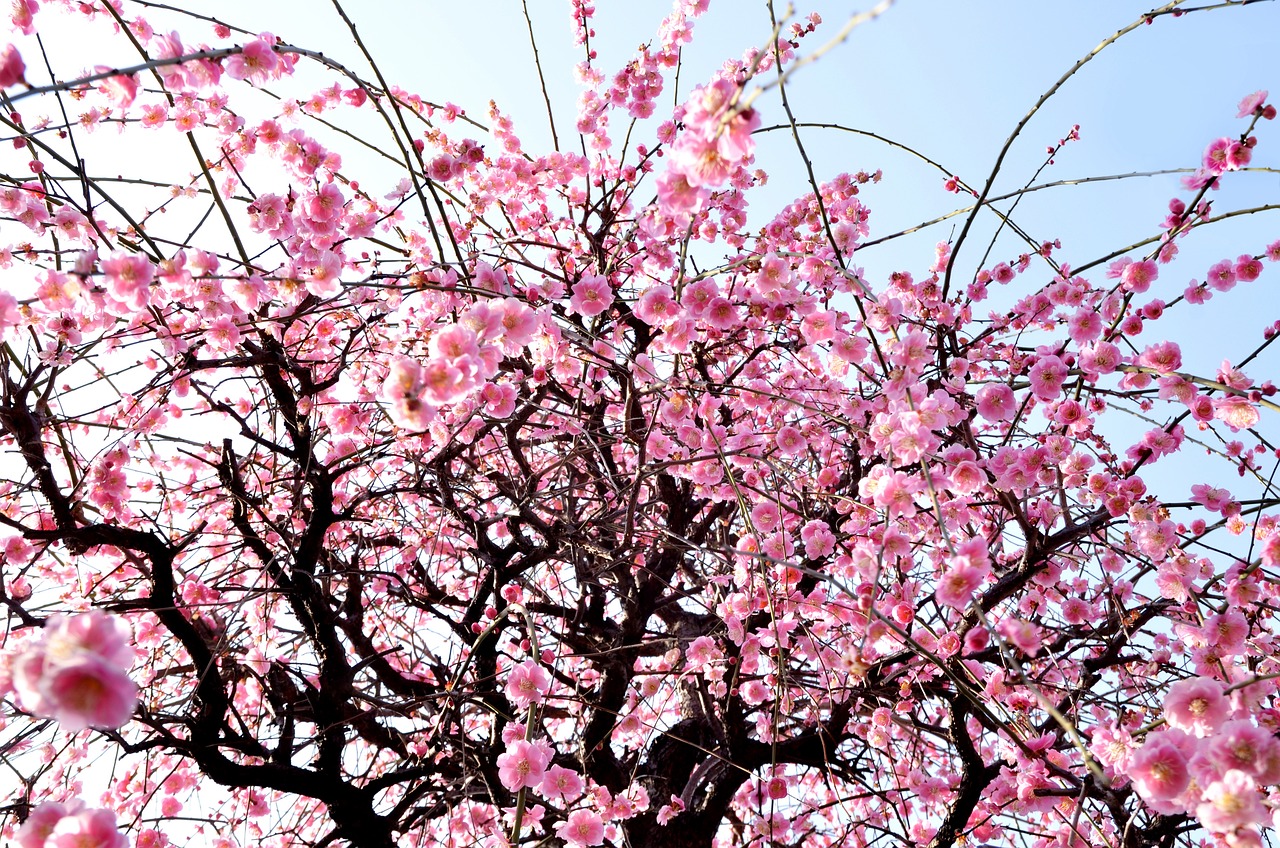
Tokyo Japan Image 3:
